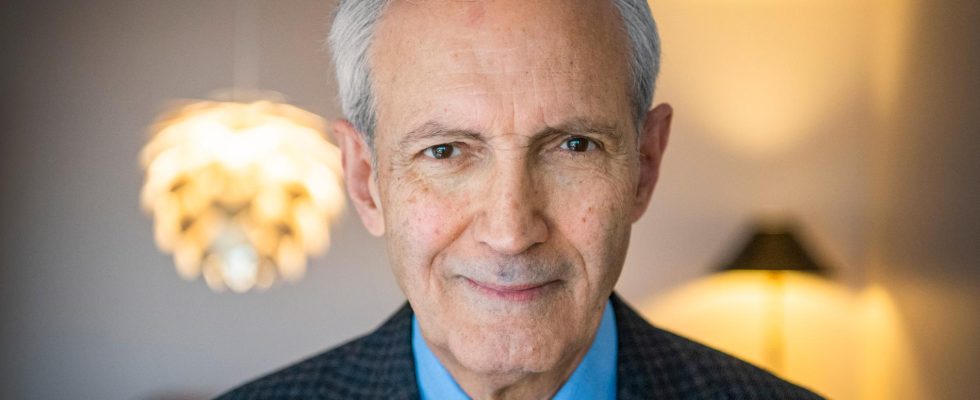After the Koran burnings, the tone towards Sweden has turned up and the critical statements have been thick. But there is no indication that the protests are spurred by power struggles in the Muslim world, says Professor Said Mahmoudi.
– On the other hand, Iran has quite a driving role within the cooperation organization OIC, he explains.
After the Koran burnings, Shia Muslim Iran’s supreme leader, Ayatollah Khamenei, has, among other things, accused Sweden’s government of having declared war on the Muslim world.
This weekend it was the turn of the Iran-backed Hezbollah leader in Lebanon, Hassan Nasrallah, to condemn the events in harsh terms.
That Nasrallah follows suit does not surprise Said Mahmoudi, professor of international law at Stockholm University:
– He is like a parrot. He repeats exactly what Khamenei says because Hezbollah is paid by Iran and they are so grateful and act as Iran’s branch in Lebanon, so it is not strange at all, he says.
It was also the powerful Iraqi Shia leader Muqtada al-Sadr who urged his followers to storm the Swedish embassy in Baghdad.
“A matter of state”
But even from the Sunni Muslim side, heavy criticism of Sweden has come.
– The Sunni Muslim part is of a different kind. al-Azhar University in Cairo considers itself the highest religious authority among Sunni Muslims, yet it does not have the same power. They are upset at the government level and there are protests but it is more the state that acts and not the people and then I mean that there you can expect more diplomacy and that it is seen as a normal state affair, says Said Mahmoudi.
According to him, it is different in Iran because both the leadership and the people have reacted, which also means that the protests are perceived as stronger.
– I see the Iranian reaction as more political because of Khamenei’s role and position and that it is a fanatical state. But other Islamic countries have also done the same thing, such as recalling the ambassadors and leaving written protests. They are very upset but not in the same way and no judgments or sanctions have come.
No competition
Said Mahmoudi would not be surprised if there are sanctions against Sweden similar to those against Denmark in 2005 after the Mohammed cartoons. Danish products were then boycotted.
But to see what is happening as a contest in condemnations between two Muslim phalanxes, the Sunni Muslim and the Shia Muslim, he thinks is wrong.
– On the other hand, Iran has quite a driving role within the cooperation organization OIC and has been the driving force for the foreign ministers to meet to see if they can take measures, he explains.
A special position
A new meeting with the foreign ministers of the 57 countries that are part of the Islamic Cooperation Organization OIC is planned for July 31 and will deal with the Koran burnings in Sweden and Denmark.
There, Iran thus has a special position in the Muslim world and can influence in other ways, says Said Mahmoudi.
– Other states have neither the interest nor the opportunity to compete with Iran in terms of how to handle this. Iran has an interest in condemning and forcing Sweden in a direction, but I don’t think any other country is prepared to take extreme measures.
